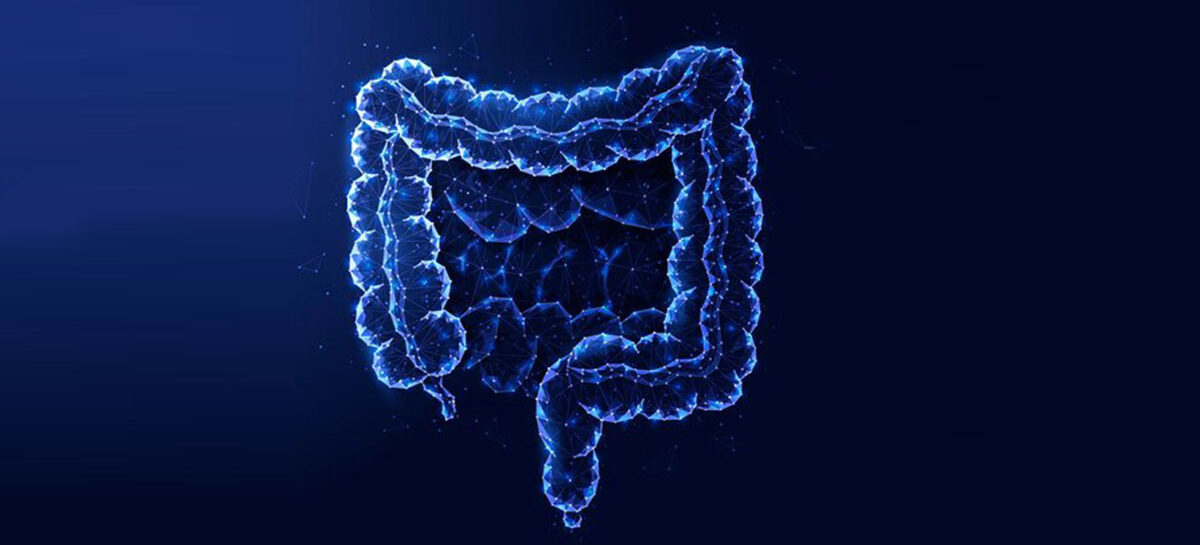What is Rectal Cancer? Symptoms and Treatment for Rectal Cancer

The rectum is the area between the end of the large intestine and the anus. The feces passes through the rectum and is finally excreted out of the body through the anus. When cancer is detected in the rectal region, it is called as rectal cancer.
Symptoms of Rectal Cancer
- Any alteration in bowel pattern – be it constipation, an upset stomach or passing stools too frequently
- Blood in stools
- A sensation of not having passed stools completely
- Pain in the abdominal area
- Loss of weight
- Feeling weak/tired
Risk Factors
- This cancer usually affects people who are 50 years or older though it cannot be ruled out in younger people.
- If there is a family history of rectal cancer, then the risk is more.
- Long term conditions like ulcerative colitis and Crohn’s disease increase the risk as well.
- A diet that is low in fibre might contribute to rectal cancer.
- Smoking and increased alcohol intake both increase the risk.
- Overweight or obese individuals too have a higher risk.
- People who have high sugar levels too need to be on guard for this.
Treatment
Rectal cancer can be treated surgically. Detecting this cancer in the early stages will help prevent the spread of cancer to the anus.If the cancer is detected before it spreads to the anus, surgery will involve the cancerous area’s removal. Following this, the intestine will be reattached to the area above the anus. This will help the person pass feces normally even after surgery.
In case of the patient presenting at an advanced stage in which the cancer has spread to the anus, surgery will involve removal of the anus as well. In such cases, excretion of feces will involve a bag being attached to the abdomen area for the removal of fecal matter. This procedure is called colostomy.
Many people are under the impression that life after colostomy is very difficult, but this is not true. Even after colostomy, people can lead normal lives.
In other cases, wherein the cancer is at an advanced stage, multi-disciplinary management has shown to yield good results. Multidisciplinary management involves chemotherapy and radiation therapy to shrink the cancer followed by surgery to remove the cancer.Thus, with the correct treatment modality, rectal cancer can be treated and the patient can go back to living a normal life.
Preventive Measures
- Cancer screening is important to detect this cancer in the early stages. Usually, screening is recommended when a person reaches the age of 50 years. By identifying incipient conditions which have not begun to manifest, this cancer can be prevented or identified at a very early stage. There are several screening methods – a discussion with the doctor on which one would suit the patient will help decide on one.
- It is never too late to start exercising. Start and increase gradually to a regular exercise duration of at least half an hour for 5 days a week.
- Eat a diet rich in vegetables and fruits.
- Stop smoking. Your doctor can refer you to someone who can help you quit.
- Limit alcohol consumption. If possible, stop drinking.
Reviewed by Dr Suresh S Venkita, Group Medical Director, Kauvery Hospitals
Kauvery Hospital is globally known for its multidisciplinary services at all its Centers of Excellence, and for its comprehensive, Avant-Grade technology, especially in diagnostics and remedial care in heart diseases, transplantation, vascular and neurosciences medicine. Located in the heart of Trichy (Tennur, Royal Road and Alexandria Road (Cantonment), Chennai, Hosur, Salem, Tirunelveli and Bengaluru, the hospital also renders adult and pediatric trauma care.
Chennai – 044 4000 6000 • Trichy – Cantonment – 0431 4077777 • Trichy – Heartcity – 0431 4003500 • Trichy – Tennur – 0431 4022555 • Hosur – 04344 272727 • Salem – 0427 2677777 • Tirunelveli – 0462 4006000 • Bengaluru – 080 6801 6801


